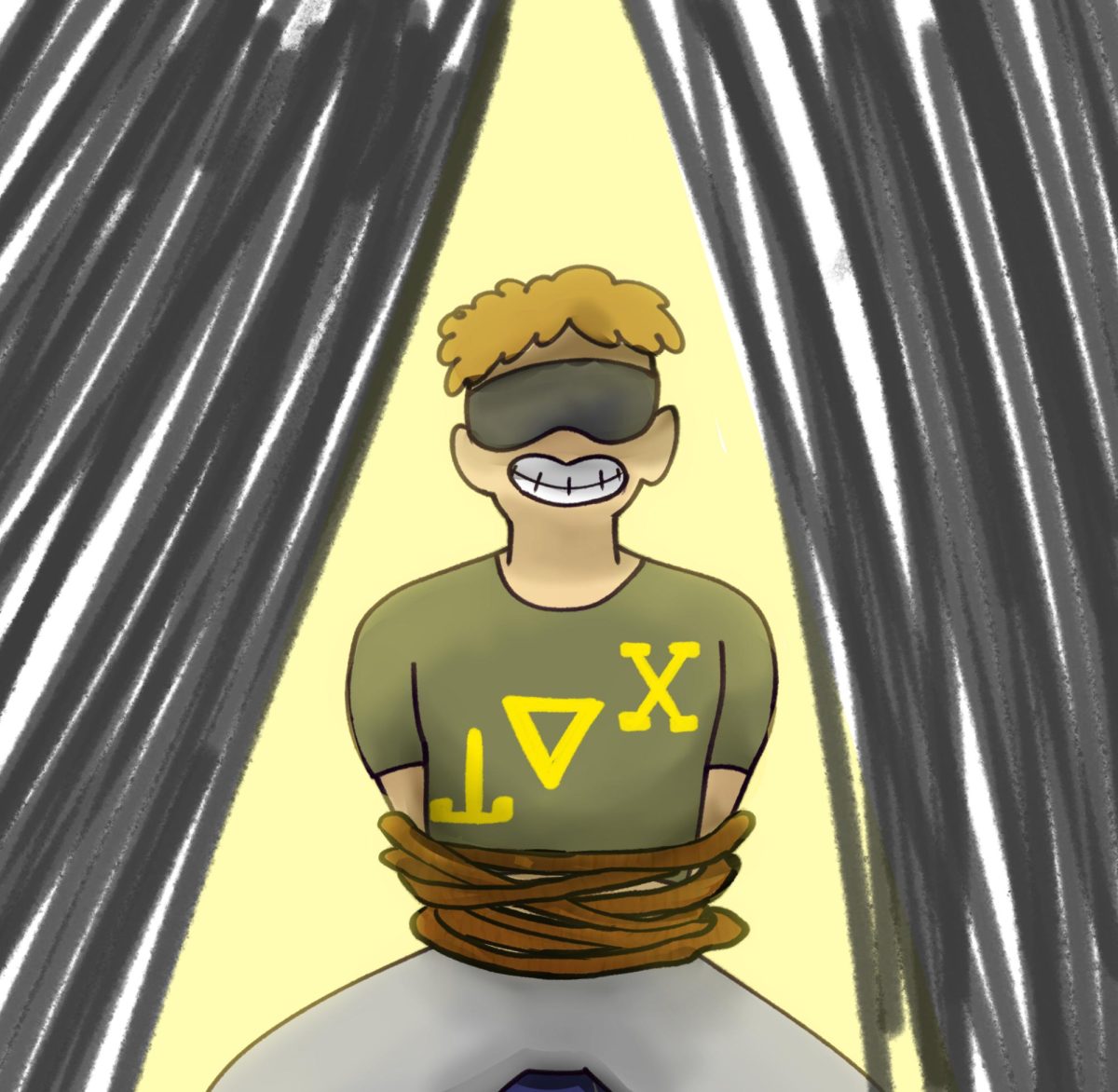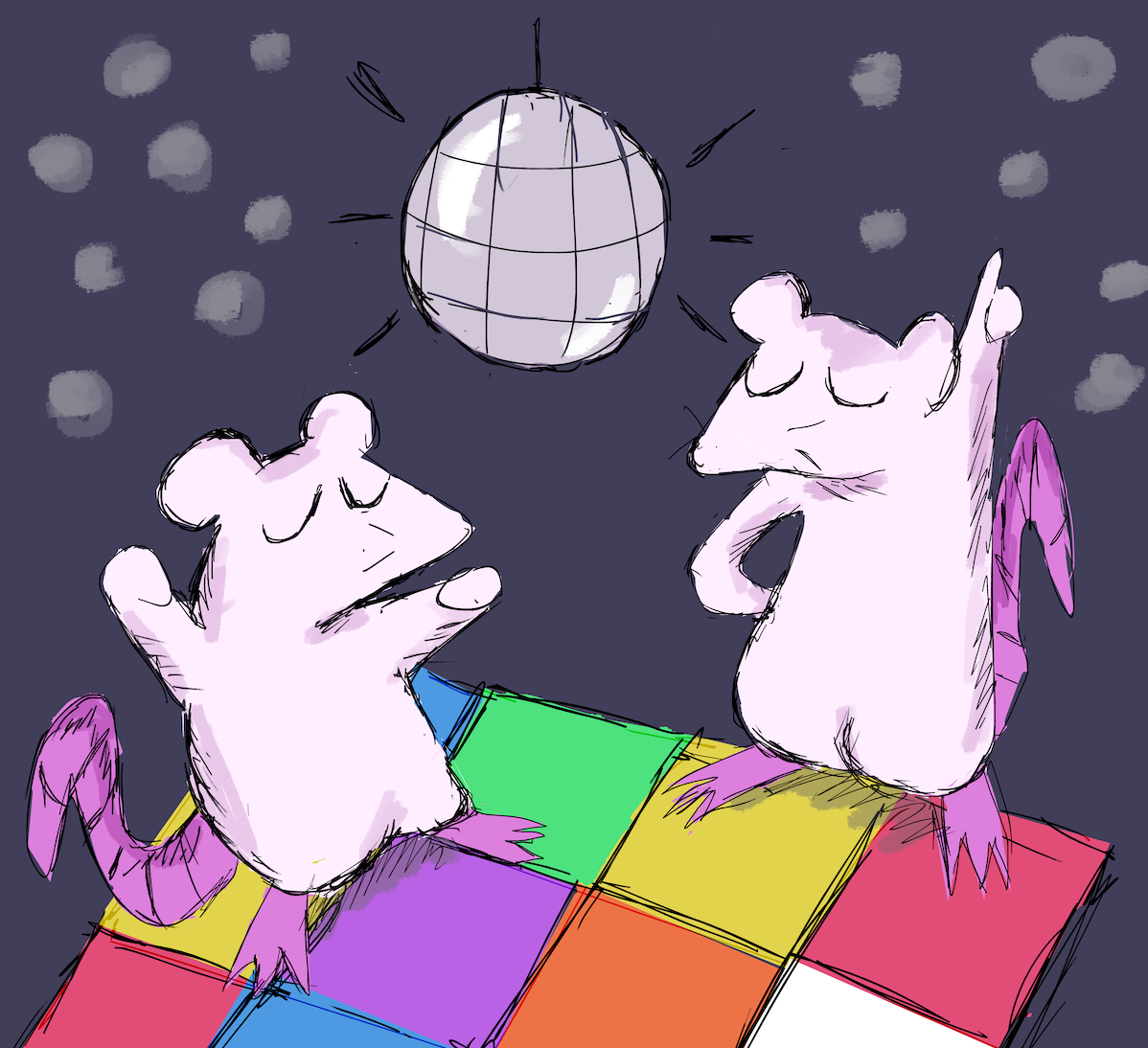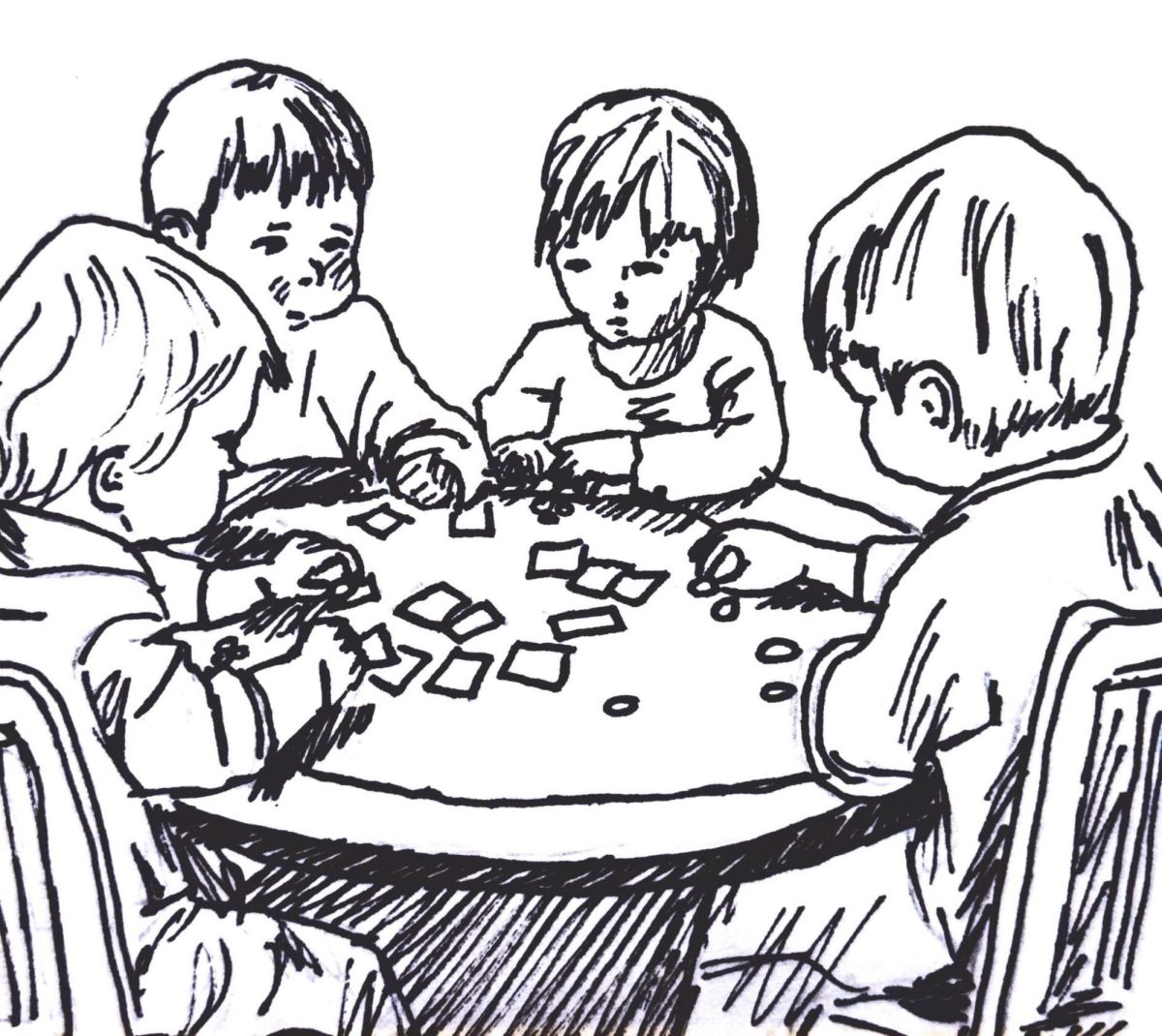Illustration by Ren Rader
I remember very clearly what the psychologist who diagnosed me with attention-deficit hyperactivity disorder (ADHD) said: “You have ADHD; it is not a good thing.” It is not a good thing. Those words have bounced around my head ever since hearing them, especially when I’m trying desperately to sit still and focus in class or while studying. However, they also come to mind at times when the symptoms of my ADHD have actually been beneficial: tasks that involve multitasking, creativity or thinking quickly on your feet tend to come very easily to me. However, the ADHD individual is ill-adapted to succeed in the modern educational environment, where Google calendars and sitting quietly in one place for hours are championed.
ADHD is a common learning disorder, and the fact that it is so common has given scientists reason to believe that it confers advantageous traits. What we perceive as “symptoms” today may actually have been beneficial traits in our ancestors. For example, the poor impulse control symptomatic of ADHD results in “response-ready” individuals, who would have been valuable hunters in a primitive hunter-gatherer society, whereas individuals less inclined to immediate action may have been valuable gatherers. Response-ready individuals in today’s modern education system are less well adapted to their environment, however, and must therefore work slightly harder to conform and learn within a system they are maladapted for.
The point that I am trying to make, using ADHD as an example, is that not everyone is naturally suited to succeed within one system. The American education system is designed around the average: average learning style, average learning speed, average attention span, and average testing method (standardized testing, anyone?). We are taught from a young age that any trait that differs from the average is negative, and must be eliminated as quickly as possibly in order to continue successfully through the system. However, perception of these traits as negative may be environment/situation-based, and outside of the classroom, they may actually be positive or advantageous. The trick lies within acknowledging not only that certain traits may limit you in certain environments, and that you may sometimes have to adjust accordingly, but also in realizing that this does not make those traits inherently bad.
Everyone has personal limitations, but you should not have to be constantly limited by them with respect to surroundings, whether it be your educational or work environment. Symptoms of a environment that does not align with who you are naturally include feeling overwhelmed, frustration that others seem to be excelling effortlessly while you are struggling, or feeling as if everyone knows some secret that you don’t. It is not always possible to make changes to your environment, but being aware of that ways in which it may limit you can help you make personal adjustments to the way with which you interact with said environment.
For example, perhaps you can’t seem to focus on the material you need to be studying because you keep talking to your friends – congratulations, you likely have strong social and verbal skills! Try studying with a group of people by discussing the material, where talking is quite literally required for learning, and pursue a career in which high levels of social interactions are required. Obviously, not all problems will be as easy to see, and not all adjustments will be as easy to make. But over time, even small adjustments will add up, until an environment that was previously maladaptive has now been molded, or you have molded yourself, to best suit the style in which you learn and work.
I’d like to end this column with a quote from the song “White” by Kyle Dion. It has helped me to understand that not only is it normal and human to have limitations, but that limitations do not have to be immovable roadblocks to success; rather, they can simply be signs letting us know when and how we need to move to get around them.
“There’s a certain point when you realize … you start off, and you grow up, where everyone around you is telling you that you can be whatever you want to be and you can do whatever you want to do, right? And then you’re placed in society, placed in the world, and then you looking around like, ‘Man, what happened?’ And you realize that’s not reality, that [people] need to know that they [have] limitations. And when [people] realize that they [have] limitations, they acknowledge [it] and they move, accordingly. ‘Cause you can do all you can, but you can’t do it all. You can’t do it all and think you’re untouchable, [that] you ain’t got no limits, ain’t no thresholds, ain’t no breaking points … Once you know that and you truly know that, you can play this game smart; you can maneuver it. You can … win.”






